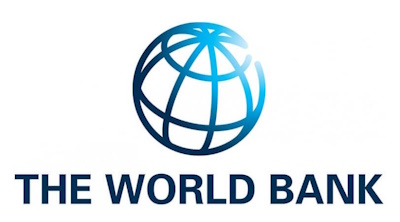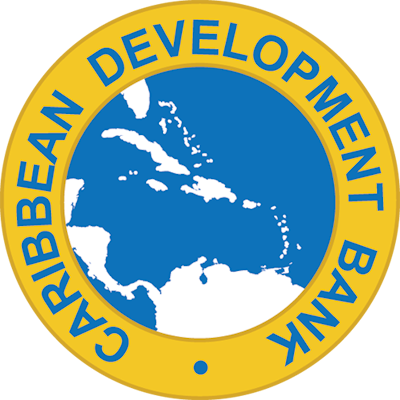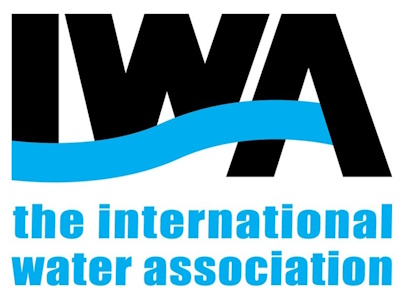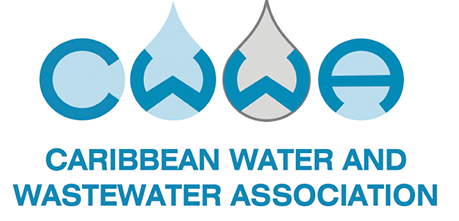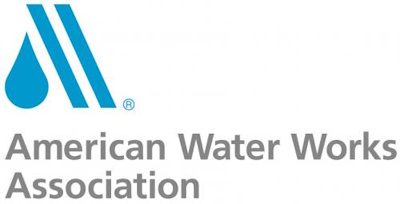Useful Links
External Links
The World Bank
The World Bank is an international financial institution that provides loans and grants to the governments of low- and middle-income countries for the purpose of pursuing capital projects.[5] The World Bank is the collective name for the International Bank for Reconstruction and Development (IBRD) and International Development Association (IDA), two of five international organizations owned by the World Bank Group. It was established along with the International Monetary Fund at the 1944 Bretton Woods Conference. After a slow start, its first loan was to France in 1947. In the 1970s, it focused on loans to developing world countries, shifting away from that mission in the 1980s. For the last 30 years, it has included NGOs and environmental groups in its loan portfolio. Its loan strategy is influenced by the United Nations’ Sustainable Development Goals, as well as environmental and social safeguards.
International Finance Corporation (IFC)
The International Finance Corporation (IFC) is an international financial institution that offers investment, advisory, and asset-management services to encourage private-sector development in less developed countries. The IFC is a member of the World Bank Group and is headquartered in Washington, D.C. in the United States.
It was established in 1956, as the private-sector arm of the World Bank Group, to advance economic development by investing in for-profit and commercial projects for poverty reduction and promoting development.[ The IFC’s stated aim is to create opportunities for people to escape poverty and achieve better living standards by mobilizing financial resources for private enterprise, promoting accessible and competitive markets, supporting businesses and other private-sector entities, and creating jobs and delivering necessary services to those who are poverty stricken or otherwise vulnerable.
Inter-American Development Bank
The Inter-American Development Bank (IDB or IADB) is an international financial institution headquartered in Washington, D.C., United States of America, and serving as the largest source of development financing for Latin America and the Caribbean.[1] Established in 1959, the IDB supports Latin American and Caribbean economic development, social development and regional integration by lending to governments and government agencies, including State corporations.
Asian Development Bank
The Asian Development Bank (ADB) envisions a prosperous, inclusive, resilient, and sustainable Asia and the Pacific, while sustaining its efforts to eradicate extreme poverty in the region.
Despite the region’s many successes, it remains home to a large share of the world’s poor: 263 million living on less than $1.90 a day and 1.1 billion on less than $3.20 a day. ADB assists its members, and partners, by providing loans, technical assistance, grants, and equity investments to promote social and economic development.
ADB maximizes the development impact of its assistance by facilitating policy dialogues, providing advisory services, and mobilizing financial resources through co-financing operations that tap official, commercial, and export credit sources.
Caribbean Development Bank (CDB)
The Caribbean Development Bank (CDB) is a development bank that helps Caribbean countries finance social and economic programs in its member countries. CDB was established by an Agreement signed on October 18, 1969, in Kingston, Jamaica, and entered into force on January 26, 1970.[1] The permanent headquarters of the bank is located at Wildey, St. Michael, Barbados; adjacent to the campus of the Samuel Jackman Prescod Polytechnic. On September 21, 2018, the Bank officially opened its Country Office in Haiti, the first outside its Headquarters in Barbados. The Barbados headquarters serves all of the regional borrowing member countries with staff recruited from its member countries.
CDB’s membership of 28 countries consists of 19 regional borrowing members, four regional, non-borrowing members (Brazil, Colombia, Mexico and Venezuela) and five non-regional, non-borrowing members (Canada, China, Germany, Italy, and the United Kingdom).
International Water Association
The International Water Association is the network of water professionals striving for a world in which water is wisely, sustainably and equitably managed.
Drawing exceptional professionals from more than 140 countries, the membership of the International Water Association (IWA) brings together scientists, researchers, technology companies, water and wastewater utilities, and wider stakeholders involved in water management.
As the largest membership association for the global water sector, the Association was launched in its current identity in 2000, building on a 75-year heritage of connecting water professionals around the world. IWA is an international reference for the water and sanitation industry.
The IWA membership communities contribute and develop the IWA Agendas. Meet us at the IWA World Water Congress & Exhibition, the IWA Water and Development Congress & Exhibition and our Specialist Groups Conferences worldwide. IWA is science-driven and sets the agenda with the publication of 12 scientific journals and 40+ books per year by IWA Publishing.
Caribbean Water and Wastewater Association (CWWA)
The Caribbean Water and Wastewater Association (CWWA) is a regional non-governmental organization established by an Act of Parliament in Trinidad & Tobago in 1991. The CWWA is a grouping of water, wastewater and solid waste professionals in the public and private sectors.
American Water Works Association
The American Water Works Association is an international, non-profit, scientific and educational society dedicated to providing total water solutions assuring the effective management of water. Founded in 1881, the Association is the largest organization of water supply professionals in the world.
Our membership includes over 4,300 utilities that supply roughly 80 percent of the nation’s drinking water and treat almost half of the nation’s wastewater. Our 51,000 total members represent the full spectrum of the water community: public water and wastewater systems, environmental advocates, scientists, academicians, and others who hold a genuine interest in water, our most important resource.
AWWA also takes great pride in helping establish three pre-eminent organizations dedicated to safe water, the Water Research Foundation in 1966, Water For People in 1991 and Water Equation in 2015. AWWA unites the diverse water community to advance public health, safety, the economy, the water workforce and the environment.
Pacific Water and Wastewater Association
The Pacific Water and Wastewater Association (PWWA) is a not for profit organisation and was established in 1994 to support the Pacific region in meeting all water challenges both at the national and regional level. From voluntary membership that brought together utilities and people dedicated to bringing Pacific water issues to the fore, PWWA grew over time to an established regional organisation with its permanent Secretariat established and recognized in 2017, following some dynamic reforms. Its main headquarter is in Samoa with 4 full time staff including the Chief Executive Officer. Modernizing PWWA, building its governance structure and establishing its permanent Secretariat would not have been possible without the tremendous assistance of its partners – the Australian Water Partnership (AWP) and the Asian Development Bank (ADB).
The Association now consists of 31 water utility members from 21 countries in the Pacific. Its goal is to serve as the principal water and wastewater voice of and for the Pacific Island nations; and to develop expertise in the Pacific for the sustainable management of water and wastewater services by shaping a cohesive, proficient and robust water and wastewater sector.

